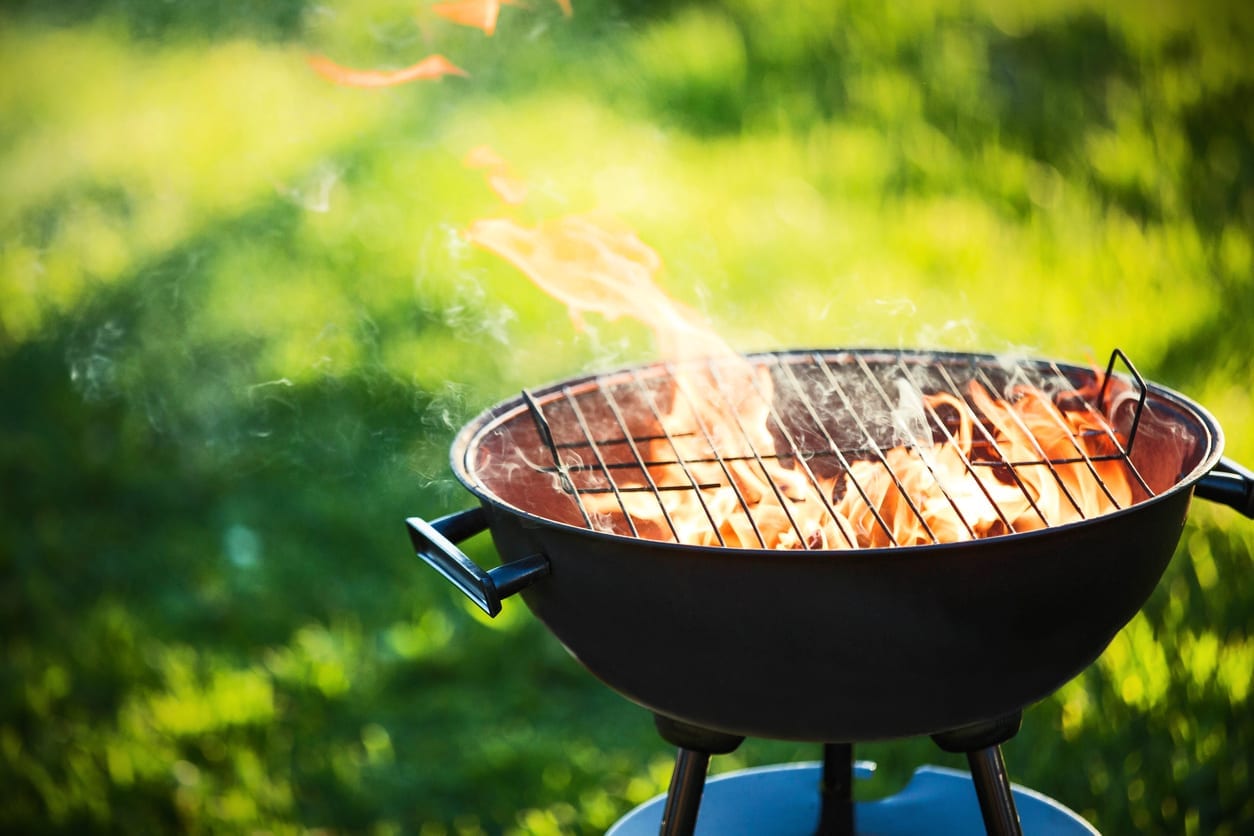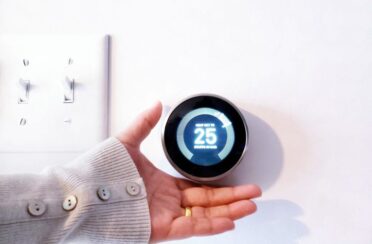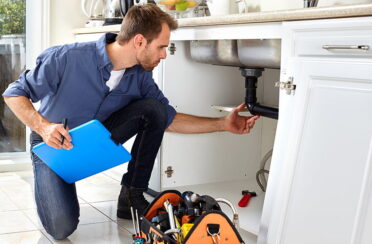 Grilling is all the rage these days. Homeowners nationwide have awakened to the myriad possibilities of cooking on a grill, while enjoying the convenience of keeping the cooking odors and heat outdoors. But grilling has some hazards, whether you use charcoal or propane. Fires, burns and explosions do happen with grilling. But so does poisoning from carbon monoxide given off by the charcoal or propane. That’s why you need to pay attention, when grilling, to the effects on IAQ — or indoor air quality.
Grilling is all the rage these days. Homeowners nationwide have awakened to the myriad possibilities of cooking on a grill, while enjoying the convenience of keeping the cooking odors and heat outdoors. But grilling has some hazards, whether you use charcoal or propane. Fires, burns and explosions do happen with grilling. But so does poisoning from carbon monoxide given off by the charcoal or propane. That’s why you need to pay attention, when grilling, to the effects on IAQ — or indoor air quality.
Grilling and CO
Whenever you burn combustible fuels, they give off deadly carbon monoxide. CO can make humans and pets sick, and in large enough quantities, it kills. Some of the symptoms are nausea, vomiting, fatigue, disorientation, dizziness, loss of memory, loss of motor control and unconsciousness.
If you use any type of fuel-powered appliance indoors, be it a water heater or an HVAC system, you should have a carbon monoxide monitor in your home. But be aware that CO can also infiltrate your home in other ways, such as these:
- Idling a vehicle in the garage.
- Running a boat motor or generator near the home.
- Grilling close enough to the home so that fumes waft inside.
It’s always a good idea to locate the grill a good distance from any open windows or doors, or to always keep windows and doors closed while grilling. And if there is a sudden storm, never move the grill into the garage and continue operating it. CO can waft into the house through an attached garage and poison the home’s occupants.
CO Monitors
There are several types of CO monitors. You should have one for every level of the home, or mount one in every area where there is a fuel-burning appliance. The type with a digital readout is usually best. Your appliances will likely be giving off very small levels of CO; these levels are only of concern when you have an infant, elderly or ill person in the home.
For more indoor air quality solutions, contact Arpi’s Industries. We’ve served Calgary for more than 50 years.
Our goal is to help educate our customers in Calgary, Alberta about energy and home comfort issues (specific to HVAC systems). For more information about other HVAC topics, download our free Home Comfort Guide.


